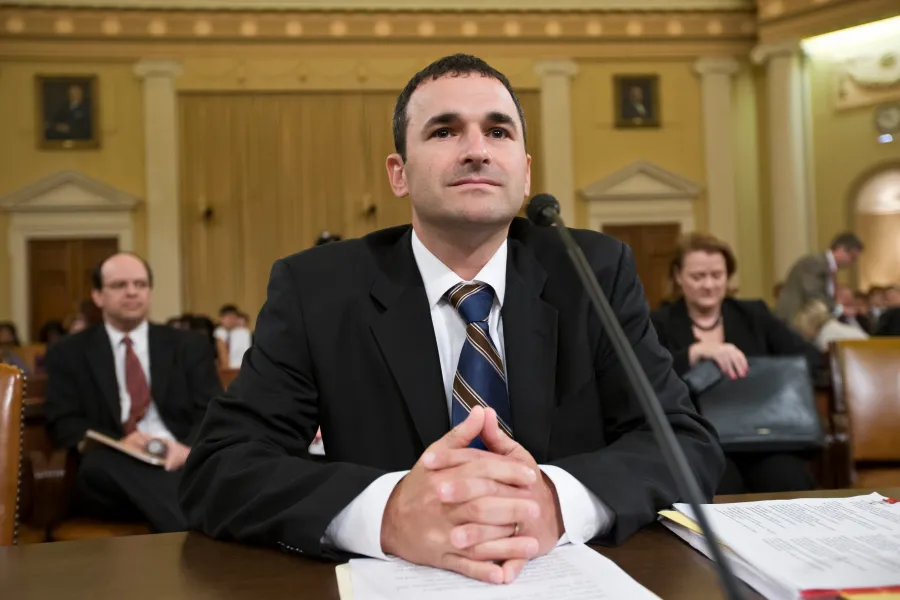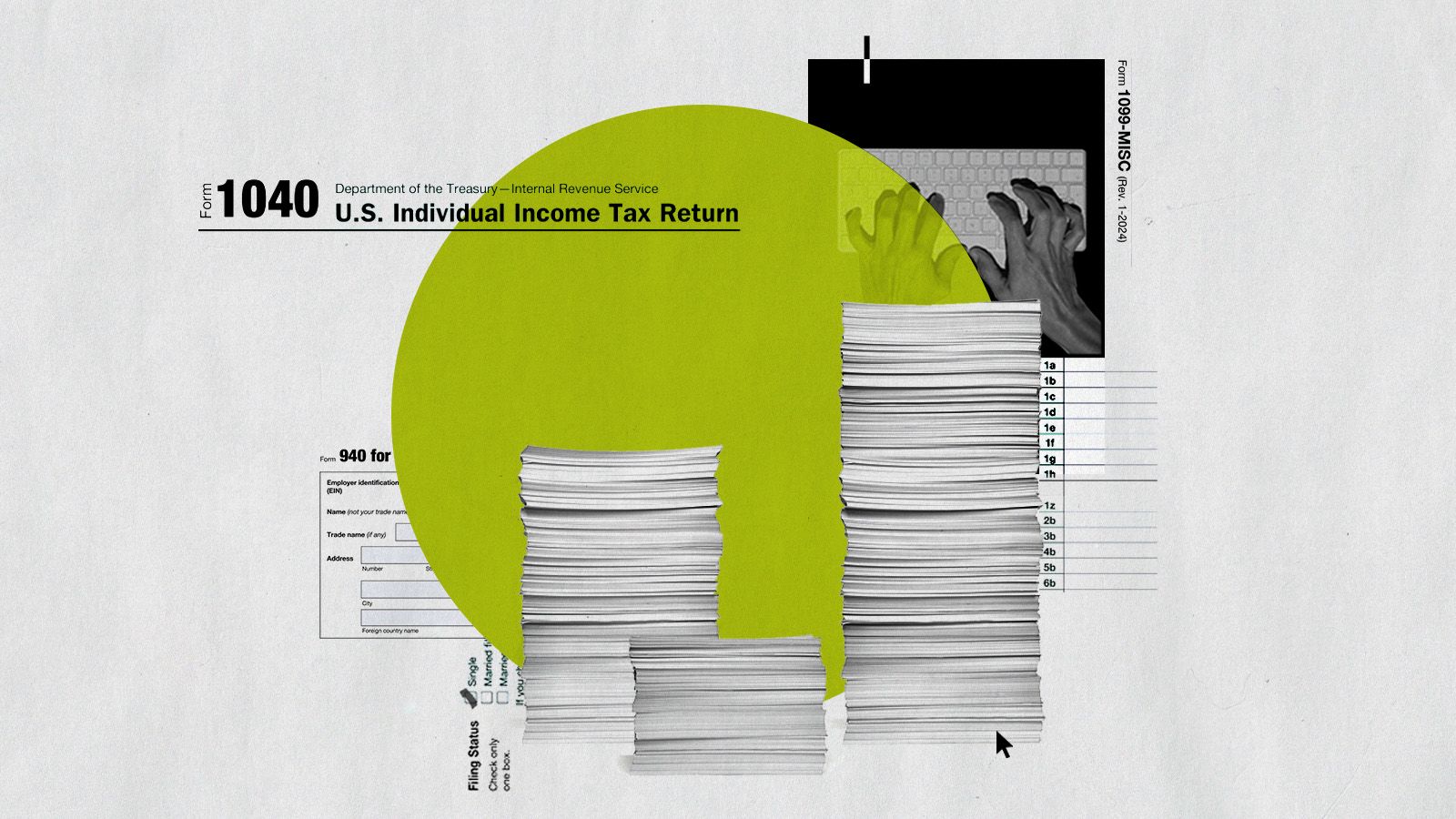$80 Billion Boost Propels IRS Digital Overhaul Amid Call Center Woes and Legislative Battles
IRS Modernizes with $80 Billion Boost: Digitized Tax Forms, New Auditors, and Direct File Controversy
While internal measures indicate improved service levels at the IRS the agency still faces significant challenges with 75 percent of calls during the 2024 filing season left unanswered or rerouted to automated responses as reported by the National Taxpayer Advocate. The Direct File pilot program a publicly administered counterpart to private tax preparation software remains a contentious issue. Republicans have opposed this initiative with recent legislative efforts aimed at discontinuing it. Despite these hurdles IRS Commissioner Danny Werfel remains optimistic emphasizing that the primary obstacle to providing better taxpayer service is funding. Werfel assured that the momentum for improvements at the IRS would continue, regardless of potential regulatory challenges following the recent Supreme Court ruling in Loper Bright Enterprises v. Raimondo.

Furthermore, the IRS’s journey towards modernization includes a focus on improving taxpayer services and expanding community outreach. Despite internal measures indicating service improvements the agency still faces significant challenges particularly in handling high call volumes. According to the National Taxpayer Advocate, 75 percent of calls during the 2024 filing season were either unanswered or rerouted to automated responses highlighting the ongoing need for enhanced customer support capabilities. One of the most highly publicized aspects of the IRS funding boost is the Direct File pilot program which offers a publicly administered alternative to private tax preparation software. This program however, has sparked considerable debate and opposition particularly from Republicans. Recent legislative efforts led by Ways and Means Committee members Rep. Adrian Smith (R-Neb.) and Rep. Chuck Edwards (R-N.C.) aim to discontinue the program citing a lack of measurable success and statutory authority. These lawmakers argue that the program lacks both measurable success and statutory authority introducing legislation to halt its continuation.
